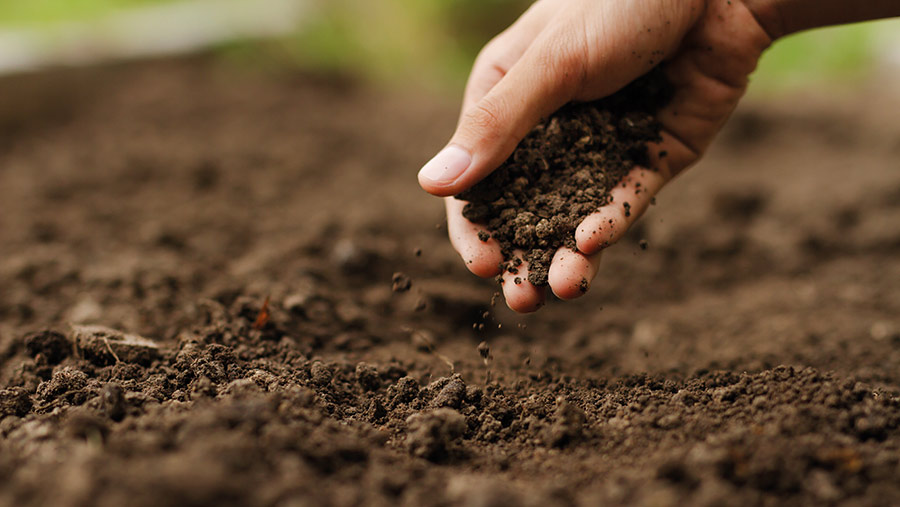Opinion: Good soil holds the key to agricultural sustainability
 © Piyaset/Adobe Stock
© Piyaset/Adobe Stock William Gilder Ltd managing director sets out the case for better soil management.
When I look back to when I first began my career in agriculture and transport in 1985, the world was a very different place.
There was certainly less talk of “sustainability” in the headlines and in top-level business discussions.
As times have changed, agriculture has had to evolve to keep in touch with consumer requirements and behaviours, retaining trust from the communities relying on our produce in doing so.
For the most part, it has succeeded, though there is always room for improvement, especially when it comes to what is directly beneath our feet.
See also: Arla to pay farmers for environmental sustainability from 2023
About the author

William Gilder Ltd is a provider of specialist transportation services for agriculture, including waste management.
Soil is everything, as any farmer knows. Without top quality soil, crops and livestock cannot live. It sounds basic, but it is something that must remain at the forefront of everyone’s mind.
Agriculture is (almost) a perfect model for a sustainable, circular economy.
Many of the components for natural fertiliser – sludge, organic waste, manure, etc – are already accessible in the daily operation of any livestock farm.
This can then be used as a more effective fertiliser for soil and has the added benefit of being “cleaner” for the environment.
However, what has become apparent is that there is an imbalance between the expectations placed on agriculture and the support it needs to meet its ever-changing requirements.
We are seeing greater impetus on the measure of our sustainability credentials from customers and prospective employees, among others.
The dictionary definition of “sustainability” – the avoidance of the depletion of natural resources in order to maintain an ecological balance – is itself problematic.
By its very nature, agriculture relies on these resources to deliver the food we eat and keep our cupboards stocked. Therefore, there needs to be some give and take.
Yes, it is important that, as farmers, we protect the land we work and that we are responsible in our processes, but for some, the reality of adapting sustainable agricultural methods is less feasible.
And let’s face it, if there is so much that’s “wrong” with agriculture, then why would we want to sustain what isn’t working?
The old way of “This is what you must do” is no longer enough. Now is the time for “Here is how we can work together and make the world a better place”.
That approach needs to come from all sides – national policymakers, local governments, ourselves as farming professionals, and the wider public.
What does each group need from the others? How can all sides work in unity to help meet their respective needs?
I can’t answer those questions for everyone.
But there is a pressing need to improve and maintain the health of our soil, be that through using organic fertilisers or other means at our disposal, and ensuring that we do not farm more land than we need to.
This also needs to be balanced with fair pay for farmers and improved access to monetary support, to facilitate environmentally conscious measures and innovations. These are the first two hurdles to overcome before anything else.
Getting those two rungs on the ladder fixed and secure puts us in the best position to adapt our processes and maintain the hard-earned trust from wider stakeholder groups.
Challenges continue to be set before us, that much is obvious, and it is important that we use every means available so that we can build towards an environment that is sustainable for all.
